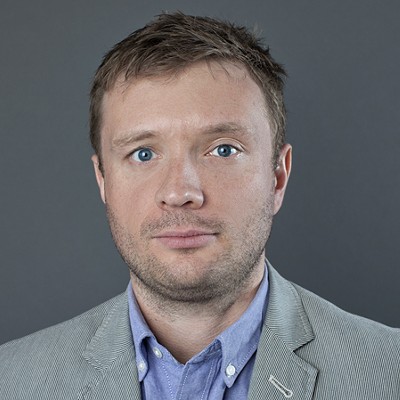The NCAA is learning that it's hard swing around the morality stick when you're own ethics are under question. After the organization dropped official allegations on the University of Miami athletic program last week, head Hurricane Donna Shalala came out with some choice words of her own, calling on the governing body to dump the tainted case.
And it's hard not to give Shalala's request some thought. Right now, the NCAA has already admitted to out-sourcing legal work to a scumbag Miami attorney. But that's not the only shady practice possibly attached to the case.
If history is any key, the NCAA's enforcement gurus might have gone full-bore bad cop in Miami -- leaking allegations to the media, failing to interview key witnesses, putting others through every interrogation tactic short of a rubber hose.
"I would say speaking more in general that the NCAA investigations are something that for the most part have been running un-checked and a muck for many years," says Dr. David Ridpath, an assistant professor in the Department of Sports Administration at Ohio University who follows these investigations (and has personal experience inside them). "None of this is a surprise."
Here's a greatest hits of the low points in recent history NCAA investigations.
5. Todd McNair at University of Southern California. When the NCAA released a stack of paper on Heisman winner Reggie Bush's improper dealings with marketers in 2010, all the blame was dumped on one guy: USC coach McNair. After the organization punished him, McNair unsuccessfully appealed the ruling. Finally, he sued the NCAA for slander and breach of contract in 2011. His suit took issue with the NCAA's process which didn't allow the accused to cross-examine any witnesses. The NCAA filed a motion to toss the case, but in December 2012, an LA judge ruled McNair had every right to be pissed. After reviewing the NCAA's case files and emails from investigators, he deemed the actions of enforcers to be "malicious," "over the top," and that they "[tended] to show ill will or hatred'' for the coach.
4. Jackie Sherrill at Mississippi State University. The NCAA threw a spotlight on Sherrill all throughout the football coach's run at Texas A&M and MSU. Between 1982 and 2003, they found zilch. But after the coach retired in 2003, MSU was handed four years of probation for recruiting violations. Sherrill personally was never sanctioned, but in 2004 he filed a lawsuit against the organization. The filing, which is still pending, not only claimed the NCAA had improperly dogged his program, but that NCAA investigators conspired with boosters from MSU arch-rival Ole Miss to do so.
3. Tim Cohane at SUNY-Buffalo. In another still-pending legal action, former Bulls basketball coach Cohane also says he was railroaded by over-zealous investigators. After going 25 years without runniing into any sanctions trouble, he was forced to resign in 1999 after allegedly . . . watching recruits play pickup basketball at the SUNY gym. Cohane fought the ruling. The only unethical moves the ensuing litigation dragged to light were on the part of investigators. They allegedly threatened to cut players eligibility if they didn't lie about infractions, even telling seniors they wouldn't graduate if they didn't play ball.
2. Dale Brown at LSU. Although he's been dipped in amber as the legendary SEC coach who recruited Shaq for college ball and led a '86 Cinderella charge to the Final Four, LSU's Dale Brown was also a continuous pain the NCAA's ass. He relentlessly bashed the organization as two-faced, antiquated, and mean-spirited. That vocal counter-point put Brown in the crosshairs of rule gurus throughout his decades with the Tigers. In the 80s, the NCAA spent 4 years digging for infractions at the school but only came up with small stuff. It wasn't until 1996 that they nailed the school with significant accusations when a former LSU recruit named Lester Earl claimed he was given money by a booster. Twenty-one-months later, Brown was cleared of wrongdoing, but the program shouldered sanctions. The coach retired amid the scandal. Almost a decade later, Earl issued an apology to Brown and LSU; the former player claimed the NCAA threatened his eligibility if he didn't cough up dirt. Hmm, starting to see a pattern here . . .
1. David Ridpath at Marshall University. Today Ridpath is a soundboard for criticism against the NCAA rule enforcement process, but his expertise on the subject comes from first-hand experience. In 1999, he was the NCAA compliance officer at Marshall who first alerted the organization to possible infractions involving a pay-for-play scheme. The whistleblower eventually lost his job due to issues, even though he'd been the one to first broadcast the wrongdoing. A 2004 lawsuit claimed the school had violated his due process and constituted legal malpractice, among other things. In 2009, Ridpath settled his case with the university, clearing his name. In his subsequent book -- Tainted Glory: Marshall University, the NCAA and One Man's Fight for Justice -- documents what it's like to be on the wrong end of a full-bore NCAA enforcement blitz. "Anybody who has gone through it finds any defense of it is laughable," Ridpath tells New Times.
Follow @NewTimesBroward











